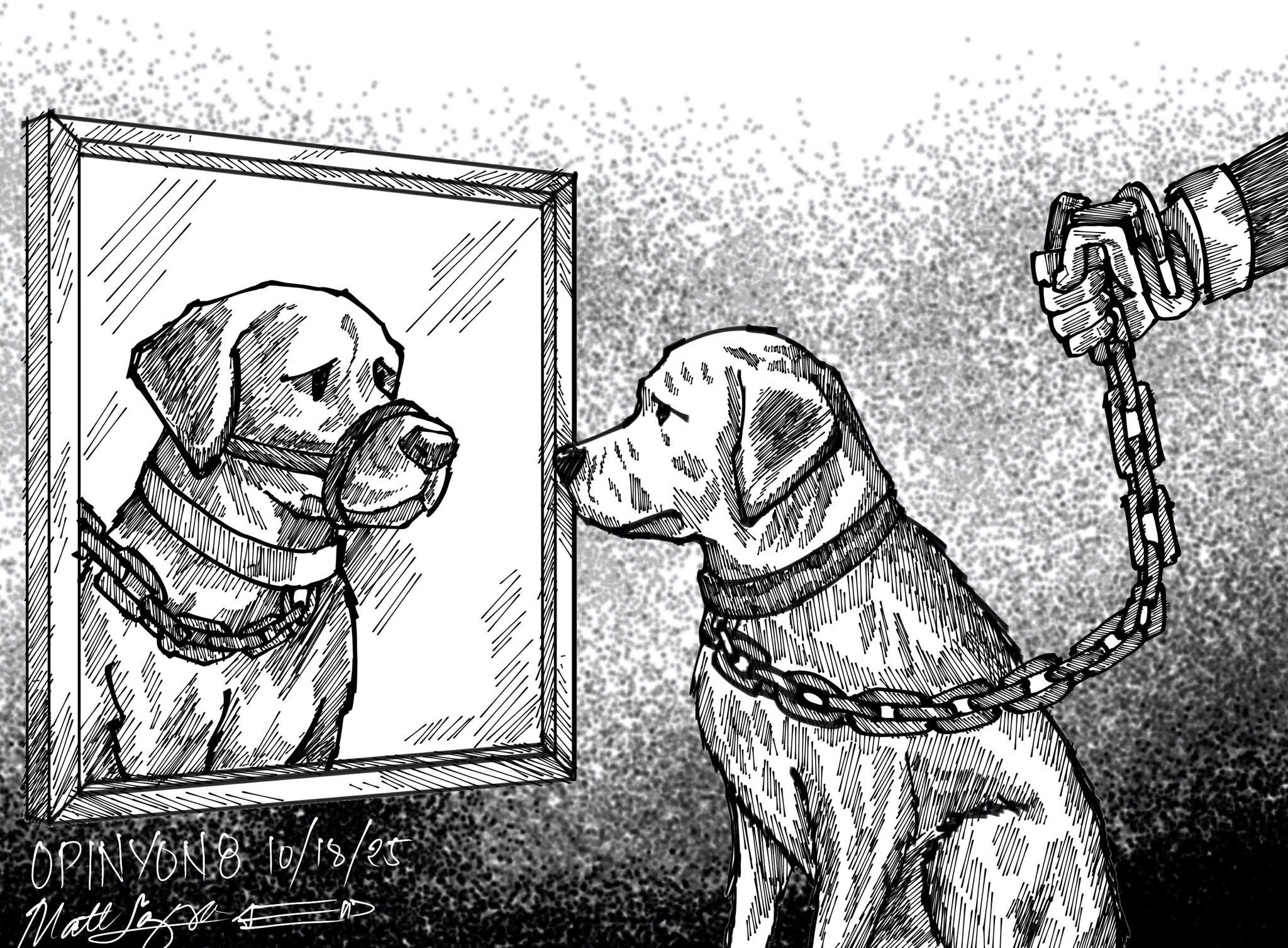Public trust in the government’s ability to investigate its own officials has reached a troubling low.
Each new corruption scandal, whether in procurement, infrastructure, or public service, revives the same cycle: outrage, inquiry, denial, and silence.
The people have grown weary of “investigations” that end with no convictions, no reforms, and no justice.
This skepticism is not unfounded. Government-led probes often appear more like political theater than genuine accountability.
When the investigating bodies are composed of the same political allies or appointees of those under scrutiny, independence becomes an illusion.
The promise of transparency fades when hearings turn into spectacles designed for damage control, not truth-seeking.
The public sees the pattern: big names are implicated, small players are punished, and the powerful walk free.
The issue is systemic. Oversight institutions such as the Office of the Ombudsman, the Commission on Audit, and congressional committees are constitutionally mandated to safeguard integrity.
Yet, they often find themselves constrained by political influence, selective prosecution, and limited resources.
The absence of visible, decisive outcomes only deepens the public’s perception that corruption is tolerated, not eradicated.
For democracy to survive, justice must be both done and seen to be done.
The government must recognize that credibility cannot be demanded, it must be earned through independence, transparency, and consistent enforcement of the law, regardless of political color or connection.
Strengthening investigative agencies, protecting whistle-blowers, and ensuring open access to findings are crucial first steps.
Until then, Filipinos will continue to ask: how can we trust a system that investigates itself?
The answer, sadly, remains as elusive as the justice promised after every scandal.
#WeTakeAStand #OpinYon #OpinYonNews #Editorial
